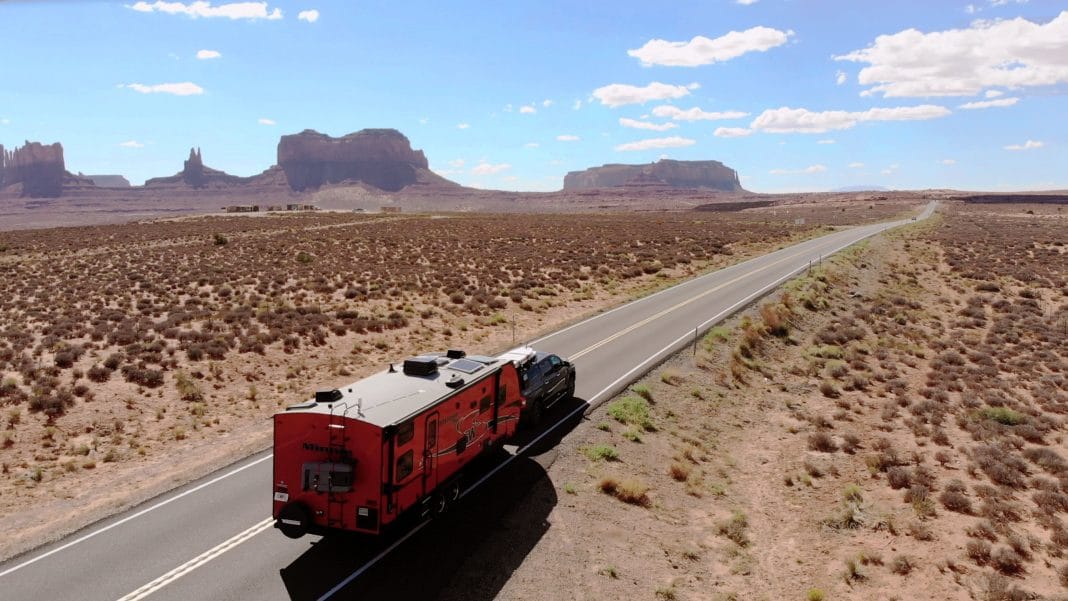Unless you’re a full-timer, you need to store your RV in the off-season. The following tips will help you prepare your coach for the months it sits idle, so that it will be in top shape when you are ready to take your next trip.
Save Money
If your RV is stored on private property for the winter, here is a tip for you. You may be able to save money by canceling the liability, collision, medical and uninsured portions of the RV’s insurance policy, until you head back on the road (provided your insurance carrier allows this practice). But keep the comprehensive coverage active. If you allow this coverage to lapse and your rig is financed, your lending institution will likely send you a nasty note and then tack on its own expensive coverage to your monthly payment.
Also, if you have satellite TV service for your motorhome, see if your provider will let you deactivate your service for the months your RV is stored. Some providers offer a program for RVers to pay-as-you-go so that you only pay for satellite TV service in the months you use your RV.
Winterizing Checklist:
Before storing your coach batteries for the winter (or anytime), you should do the following:
-Clean the battery and terminals with a mixture of baking soda and water. (Don’t get any in the vents or caps.)
-Check the water level (if it has caps) and add water if needed.
-Test your battery with a hydrometer and/or a voltmeter (a fully charged 12V battery should read about 12.6 volts; 6V batteries should read 6.3 volts) to ensure the battery is fully charged.
-Keep your batteries on maintenance chargers (not trickle chargers). Batteries stored in a discharged state are susceptible to sulfation.
-Store your battery in a dry, cool, ventilated area away from children and pets. A fully charged battery won’t freeze until approximately minus 80 degrees F, but if discharged it can freeze at about 30 degrees F.
-Check the water level and state of charge every 45-60 days. If needed, add distilled water and charge.
Avoid Critter Damage
Rodents often build nests and take refuge in stored motorhomes. Sometimes they gnaw on rubber hoses and fuel lines or wire insulation, or build nests in air cleaners and on top of the engine, which can result in breakdowns or even fires. Before starting the engine or taking your coach out of storage, carefully check for nests and rodent damage.
Remove Batteries Before Storage
When storing a motorhome, do not leave the batteries connected to the converter and the coach plugged in to “shore” power for months at a time. This may overcharge the cells and deplete the electrolyte. Instead, remove the batteries. Place them in a protected area such as a garage, and connect them to a maintenance charger that has a float cycle designed for long-term storage.
If your motorhome is in storage for the winter, we don’t recommend starting the engine during the winter-storage period. This can deposit moisture in the exhaust system and in the crankcase, which can form acids and sludge. Instead, change the oil just before storage and be sure to pour a fuel-storage stabilizer additive into the tank.
Fuel deteriorates when a motorhome is stored. Be sure to top off your tank to prevent moisture in the air above the fuel from condensing. Also, consider adding fuel-storage additives and stabilizers, which can be purchased at RV-supply, auto parts or boating stores.
When storing your motorhome for the winter, it is not OK to just park the tires on soil. Tires should be placed on pieces of thick plywood covered with plastic to serve as vapor barriers. Unprotected tires will deteriorate faster.


